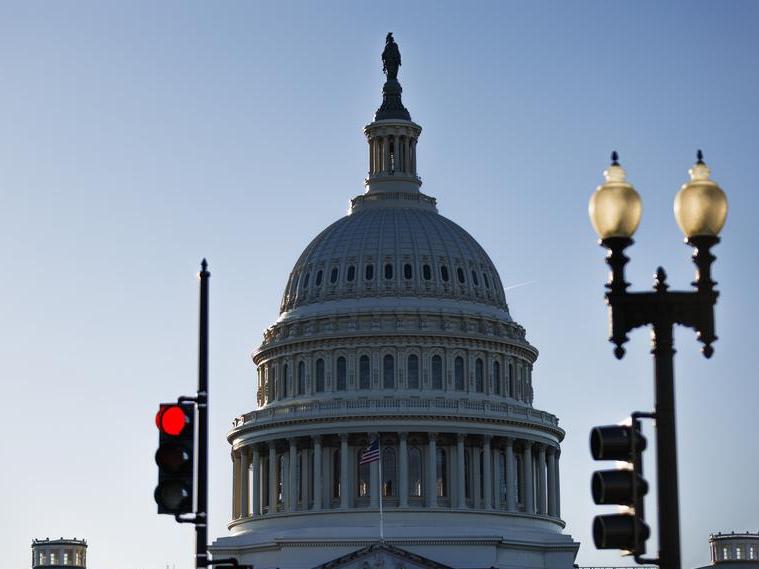Handling relations from 'position of strength' irresponsible resorting to the law of the jungle: China Daily editorial
chinadaily.com.cn | Updated: 2025-01-07 20:15

In its last annual updating of the Section 1260H list under the Joe Biden administration on Monday, the US Department of Defense designated several big-name Chinese companies, including Tencent, as "Chinese military companies", increasing the number of Chinese entities on the list to 134.
It is apparently a countermeasure against Beijing sanctioning 38 US companies on Thursday — among which 10 were put on Unreliable Entity List and the rest on Export Control List — for selling weapons to Taiwan and causing nuclear proliferation in the Asia-Pacific, as well as a part of the Biden administration's approach to counteract what it sees as Beijing's efforts to seek breakthroughs in high technology.
These Chinese entities' so-called links with the Chinese military are only an excuse for Washington to carry out its long-arm jurisdiction. Just like the excuses the Biden administration has made for the different blacklists of other departments in the fields of commerce, trade and technology, which include Chinese entities' "support for", "cooperation with", "relations with" and "affiliation to" the Communist Party of China, or the Chinese government.
Compared with the prudence and transparency with which Beijing has made its decision to impose sanctions against the US companies, which are based on substantial facts that even the US companies themselves cannot deny and in accordance with relevant law and regulations, as well as international conventions, the murky and baseless manner in which the US side rolled out the latest version of its "Chinese military company" list, like the moves it took before, clearly reveals the hegemonic nature of the practice that has no legitimacy in international law.
No wonder relevant Chinese corporations have unanimously expressed their strong opposition to the Pentagon's arbitrary and erroneous move. The Chinese side has every right to take all necessary means to defend the legal rights and interests of the Chinese entities.
A glance at the 134-entity list of the Pentagon as well as the sanction lists of the Chinese side targeting US entities makes it clear that the Biden administration's intention is to derail China's development, as the targeted Chinese entities represent backbone players in almost all major areas that are indispensable to the country's existence, and its sanction moves are generally based on unsubstantiated "concerns" or imagined "threats". In contrast, Beijing has only targeted a select number of US entities that have a record of seriously violating China's national sovereignty and core interests, and has tried its best to avoid hurting the overall China-US economic and trade cooperation.
That the Biden administration has constantly resorted to sanctions to try and ensure that China doesn't feel "comfortable" simply demonstrates the failure of its China policy.
By increasing the number of Chinese entities on the Trump-era blacklists from dozens to hundreds, the administration has just created trouble for the US companies dealing with China, and subjected US entities to Beijing's rightful, accurate and impactful countermeasures.
That the Sino-US relationship can still maintain its basic stability in the face of the Biden administration's relentless efforts to contain China's development should primarily be attributed to Beijing's consistency in its US policy. It has remained committed to responsibly handling US relations on the basis of mutual respect, peaceful coexistence and win-win cooperation while resolutely protecting the nation's core interests. It will never compromise on that stance in exchange for US ties.
Dealing with international relations from "a position of strength", as US Secretary of State Antony Blinken recently said in an interview with the Financial Times, was the aim of the Biden administration's foreign policy. But that is actually to enforce the law of the jungle on the world, which, as has been seen, only leads to conflicts and chaos. The strength of major countries does not mean they should enjoy privilege or strive for unfair self-interest or hegemony but rather they shoulder the responsibility to uphold world peace and common development. In that regard, the Biden administration's China policy highlights its lack of wisdom and foresight.
Before leaving his post, Blinken bragged about the success of the administration's China policy, but, in reality, all it has to show for it is only the long lists of Chinese company names, for each of which the US pays a cost.
























